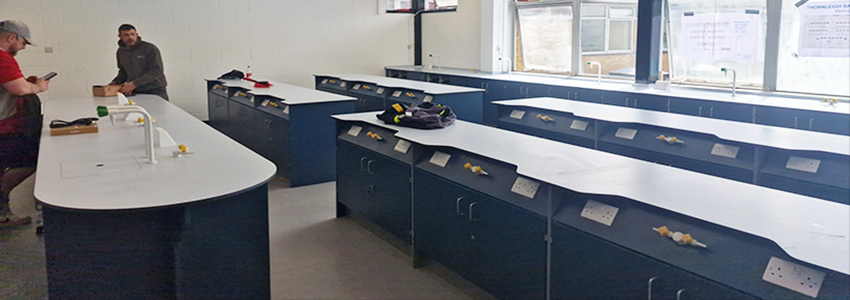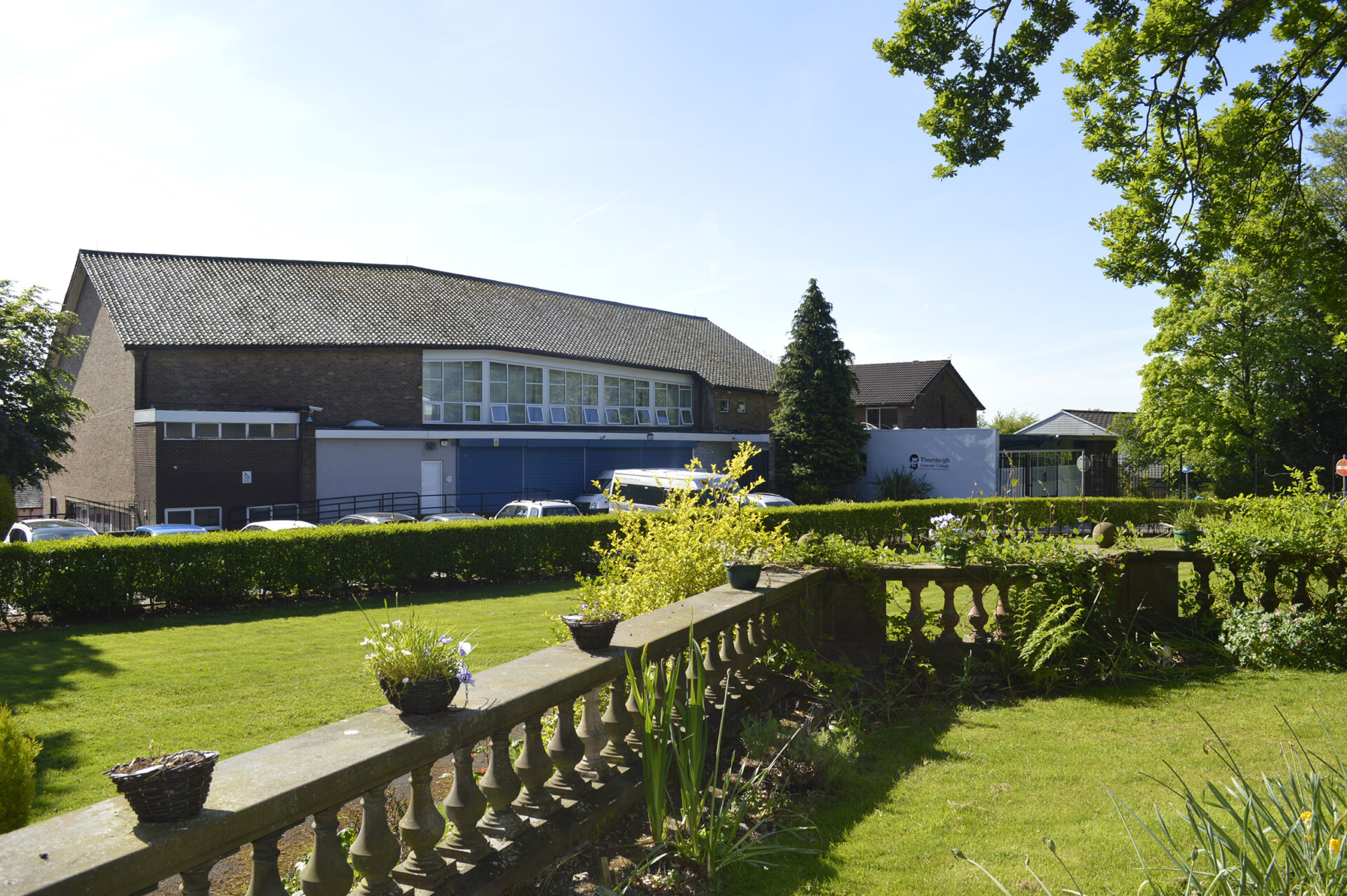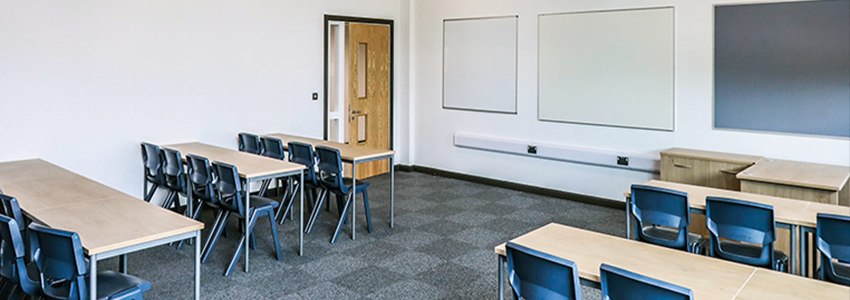How Thornleigh College is tackling RAAC within their school.
Ensuring the safety of school buildings involves effectively managing RAAC and asbestos risks. This entails promptly identifying, controlling or eliminating these hazards to ensure a safe environment for students and faculty alike.
The latest annoucement from the Department of Education
Prioritising the health and safety of pupils and staff, remains paramount for the government. This commitment has spurred policymakers to reassess their strategy regarding the building material known as Reinforced Autoclaved Aerated Concrete (RAAC).
On February 24th, the Department of Education issued fresh directives advising schools and colleges to address issues relating to RAAC by utilising supplementary funding, particularly in infrastructure support and temporary accommodation.
With thanks to the diligent efforts of education leaders, all schools and colleges identified with RAAC are delivering full-time face-to-face education to all students.
To completely tackle this issue, the DfE is collaborating closely with schools and colleges to eliminate RAAC from school buildings across England. This initiative is being supported financially through grants or the school rebuilding programme.

Image source: Building.co.uk
How many schools have confirmed RAAC to date?
Out of 24,000 plus schools and colleges in England, 234 education settings have confirmed the presence of RAAC. Among these 119 of these schools require one or more buildings rebuilt or refurbished due to extensive and complex nature of RAAC removal work.
Additionally, 110 schools and colleges where work to remove RAAC will be on a smaller scale will receive grant funding to cover the associated costs.
Schools and colleges with confirmed RAAC will receive specialised support from a team of caseworkers and on-site project delivery teams, to assist with their mitigation plans.
How Thornleigh Salesian College in Bolton is tackling RAAC through the schools building programme?
Interview with Candice Lucas: Director of School Services
-
How long have you been aware you had RAAC in your school?
In November 2023, during an inspection conducted by the DfE surveyor, it was discovered that we had RAAC, a revelation that caught us off guard. None of the school plans maintained by us, the Trustees or the Diocese have indicated the presence of RAAC, so this came as a surprise to us.
-
Once confirmed, how did you inform staff & parents?
Upon discovery that RAAC is located, in our lower science block, immediate action was taken to close the block. This unfortunate event resulted in the loss of two classrooms, two prep rooms, five science labs, two offices and a staff workroom. The following day we communicated with staff about the situation and parents were promptly notified in writing.
-
What disruptions has the school faced since Nov 23?
The school staff worked hard to relocate the affected classes, successfully navigating the situation without having to send pupils home or resort to off-site study. However, this endeavour has placed considerable strain on the school, leading to the implementation of some creative solutions.
-
How well has the DfE supported you?
The DfE collaborated closely with the school from the outset, facilitating a swift follow-up survey. This allowed for the prompt propping of the roof, a process that extended through the Christmas break and into January. Over 400 props were installed to ensure the roof’s stability. With this task completed, we were able to resume use of the ground floor of the block including two labs, one classroom, two offices and a workroom.
-
What immediate actions were taken?
The school immediately initiated efforts to address the loss of labs by developing a refurbishment plan and collaborating with Stratus 9 consultants, principal contractors Silverglide, Innova and Aquila. Despite the busy Christmas period, all parties efficiently developed refurbishment plans and cost estimates, which were then presented to the DfE. The DfE provided financial support for these mitigation efforts, enabling work to commence in February. This project is on track to be completed shortly.
-
How is the refurbishment progressing so far?
We have successfully completed the refurbishment of the Photography room, General Science and Physics Labs. The next phase on the science block, is scheduled to be completed by the end of May 2024.

-
Why was Innova appointed to carry out the refurbishment work?
Having partnered with Innova in 2023 for two successful laboratory refurbishments, they were our first choice for this project.
The team has consistently demonstrated efficiency, helpfulness and professionalism and has been instrumental, in swiftly turning round plans and costs estimates for presentation to the DfE. Despite the challenges posed by the school conducting lessons in nearby classrooms and maintaining full operation, the team is currently on-site, diligently working to complete the project at a rapid pace.
-
When is your school expected to become RAAC free and be removed from the DfE list?
The school has been included in the DfE school rebuilding programme and additional feasibility studies, will be conducted to determine a longer-term solution. However it’s worth noting the DfE has made commitment to remove all RAAC from schools, which provides assurance for future improvements in infrastructure and safety standards.
Contact
Do you need to carry out refurbishments works due to RAAC within your school? Innova’s professionals would be happy to advise you on practical options to help you make decisions on how to proceed. Call Innova on 0161 477 5300 or email hello@innovadesignsolutions.co.uk.



